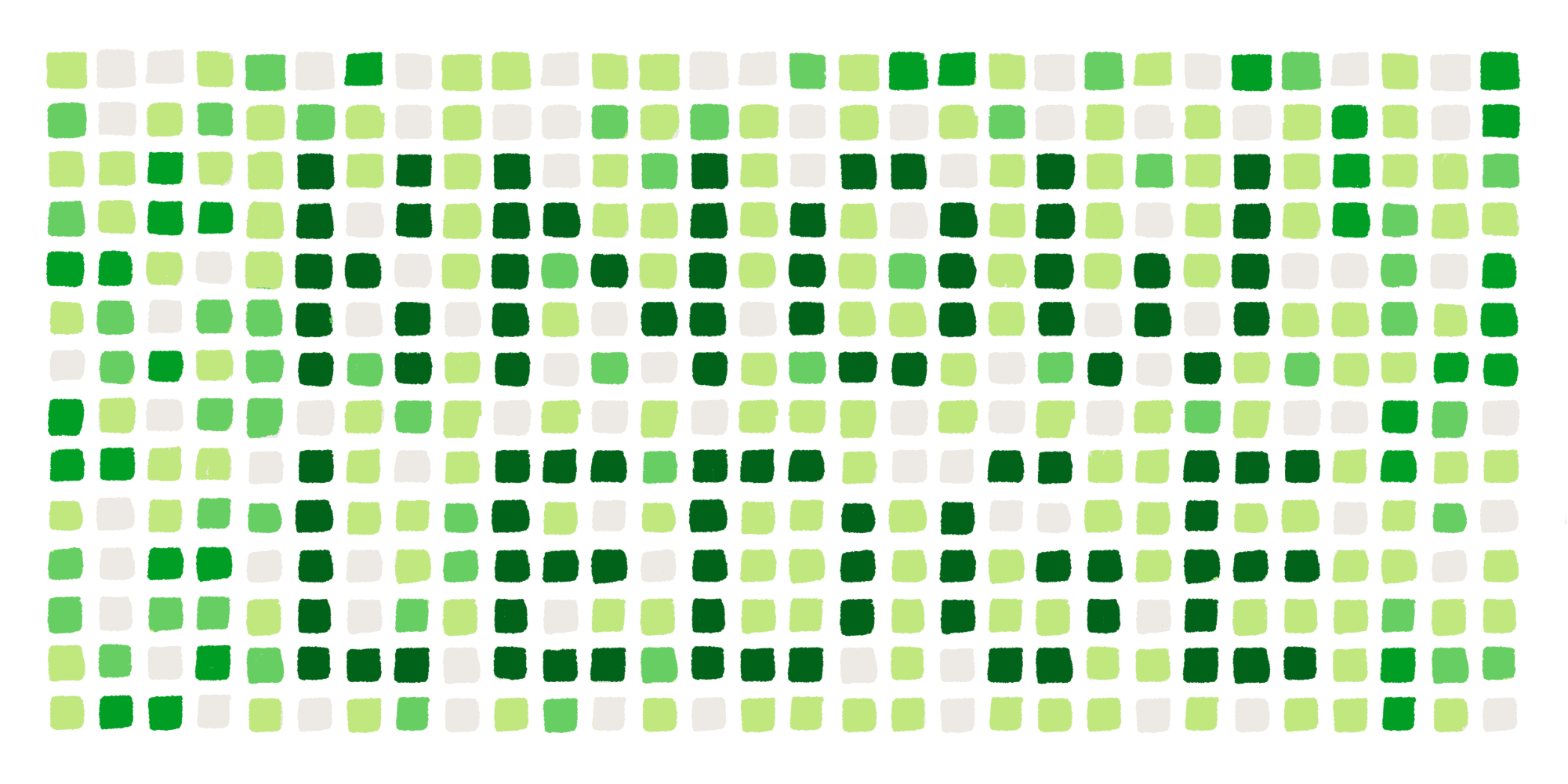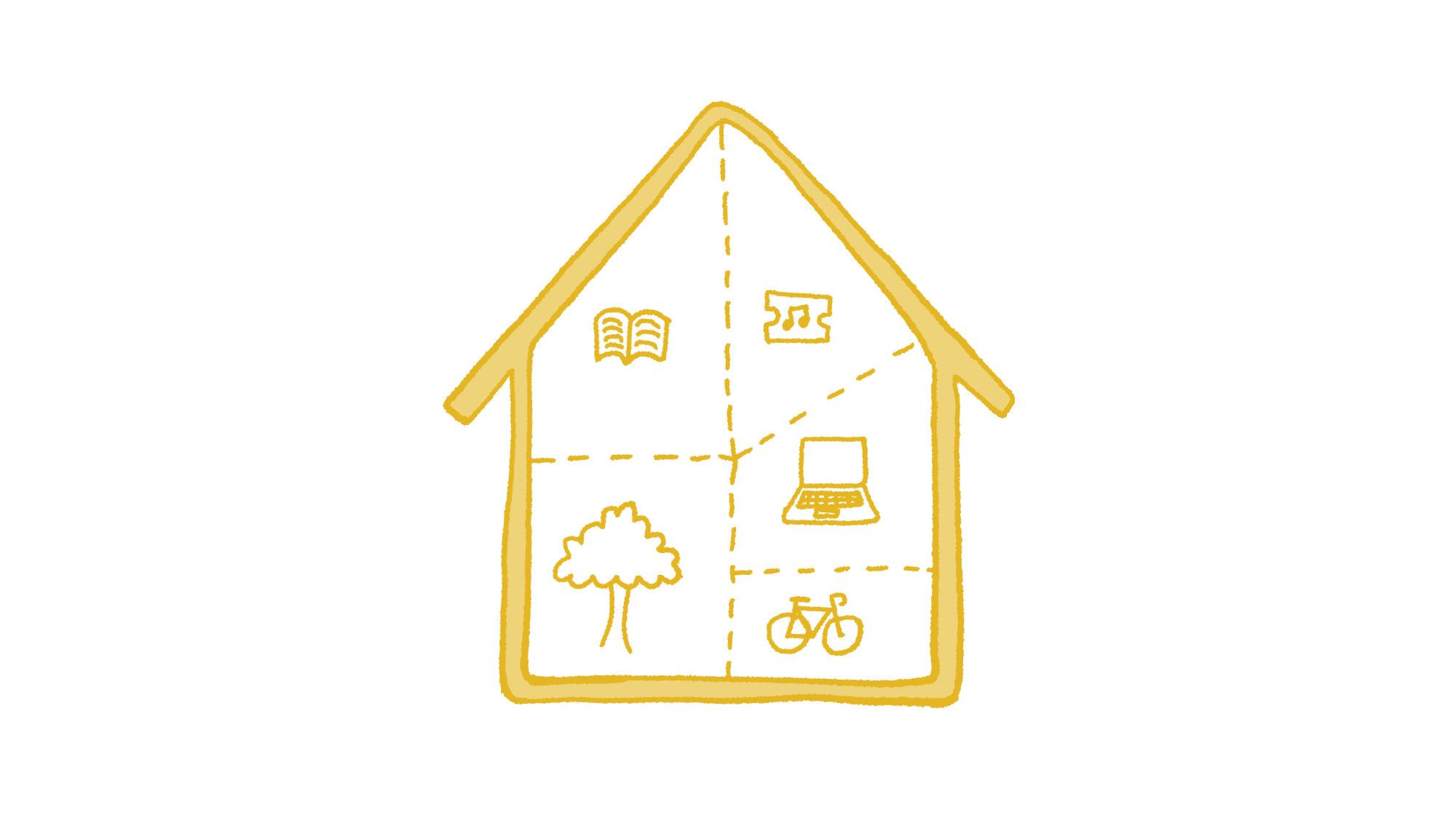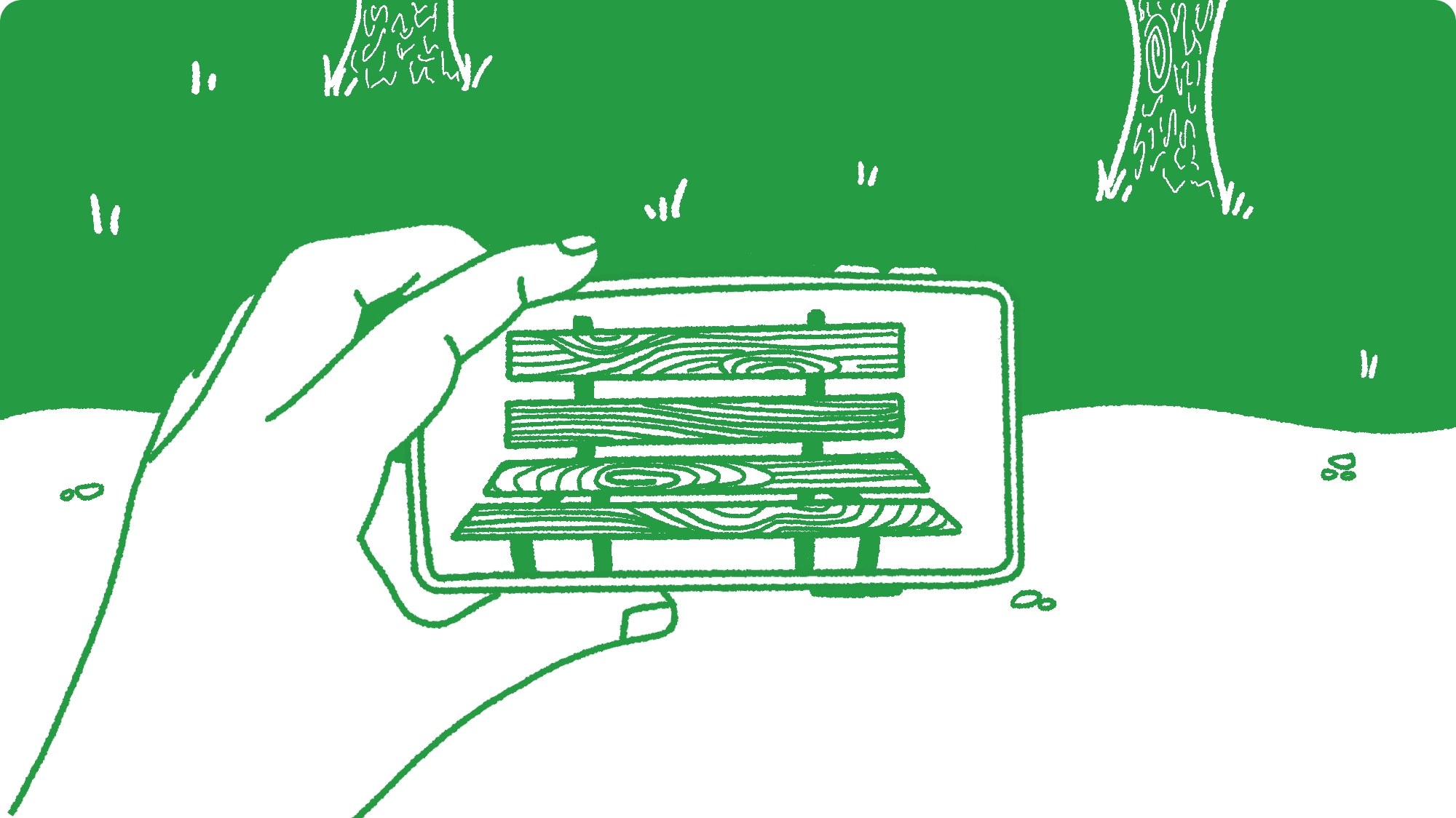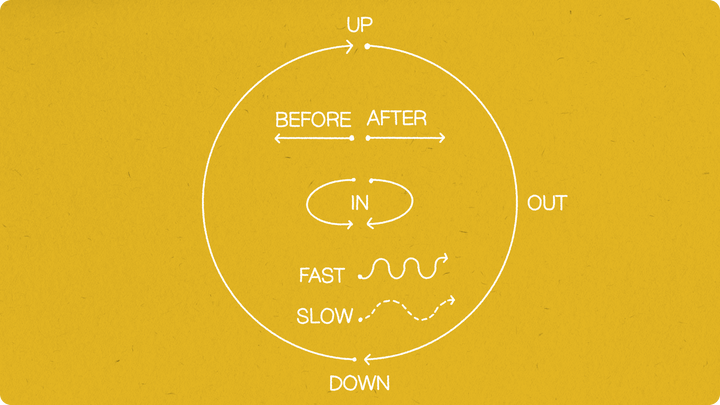Scientia Potentia Est
What if Knowledge Was Power?

Scientia potentia est. Knowledge is power, they say. Yet money is the thing that rules the world. Money, in today's civilization, is what gives Man power. But what if we made it so that knowledge actually was power, in the sense of wealth and success?
Imagine a world where instead of pointing out their assets and property, the world's "richest" would have to prove their wealth by making you understand how they view and understand the world. By showcasing the amount of information they've managed to connect, the deepness, richness, and diversity of ideas they've sparked up.
They would be like "Oh yeah, I've got some cash for like my house and food, but look at the terms I've coined and the papers I've written and the connections I've made between this and that!"
Be it quantifiable by the number of books owned (monetary value), books read (proof of original reading notes), amount of created material (original writing, blogs, essays, journals), functional innovation (open source software), or original artwork, an individual's net worth could be solely linked to their contribution to the world's knowledge.
Knowledge, therefore, is like property. It must be published, declared, or in some other way so displayed that others cannot but take account of it.
—James Carse, Finite and Infinite Games
This is why I believe it is so primordial to decouple the Internet from capitalism. De-capitalize it in order to reorient its potential towards the free-flowing, beneficial-for-all sharing of knowledge.
The Web, as a platform, has the potential to shift humanity's focus on money, capital, ownership, property, individualism towards an open, accessible, free public space for all eyes to see and voices to be heard.
The Web is the world's best bet at global education —if we decouple it from capital.
It is the world's best chance at understanding the human condition in all its diversity and weirdness —if we decouple it from capital.
It's humanity's best way of fulfilling its whole cognitive potential —if we decouple it from capital.
The Internet is one of humanity's greatest achievements. What a shame to belittle its capacity to primitive ad-based revenue models, unnecessary debates such as net-neutrality, emotionally toxic "social" networks, promotion of polarizing content, centralized 2-billion-people-strong "communities" (Facebook), privately-owned and biased search engines (Google), fragmented and closed learning ecosystems (Amazon/Kindle).
Imagine finally unleashing its potential with a fully decentralized and distributed infrastructure, exclusively interoperable software, collaboratively open-source code, licensed engineers to write algorithms, preventing any software that goes above 1 billion users to remain privately owned. Or even, prevent anything that's on the Internet to be private at all —because ideas are born from the commons and must remain in the commons.
This is an idea from Kevin Kelly, to have but a temporary stewardship of ideas, not a complete ownership of them. The commons is "the great accumulation of the ideas and works of thousands of writers and thinkers before [us]". He also proposes there should be a sense of duty to share ideas and knowledge;
"[...] the rights of monopolies should have corresponding duties. Those duties might include publication, dissemination, education, APIs, platform tools, or many other tools that would facilitate its use when it returns to the commons."
—Kevin Kelly, Ideas Want to be Shared
Imagine the magnitude of the innovation this could drive. If coders all over the world all had access to each other's code, would the blockchain actually reinvent banking? If web fonts were all open and shared, would Google stop tracking us through their glyphs? Could we finally replicate Wikipedia's model of trust and collaboration at the scale of the World Wide Web?
A world where wealth is measured and collectively valued as being one's contribution to such a wide shared project —yes, not unlike that graph on Github;

That's the world I want to see the Internet grow into.
I'll be gladly watching and applauding when the Web enters puberty and glows up from its prepubescent ad-based phase and blooms into its full-grown self, unabashed and unfettered to take up space. All the space.



